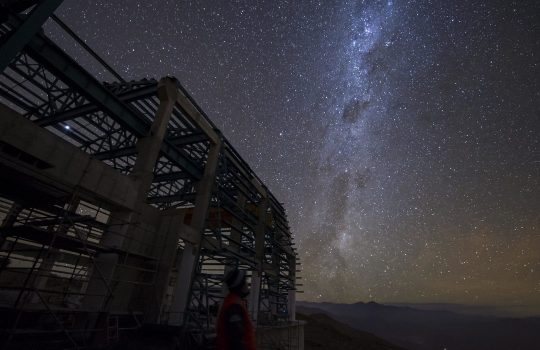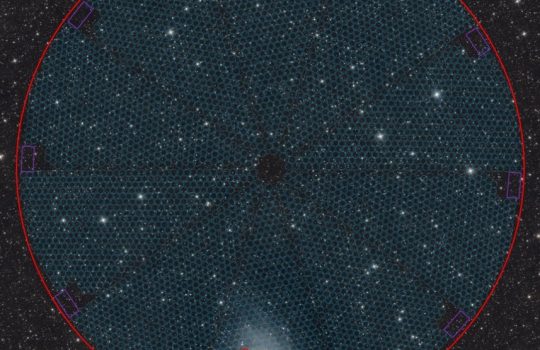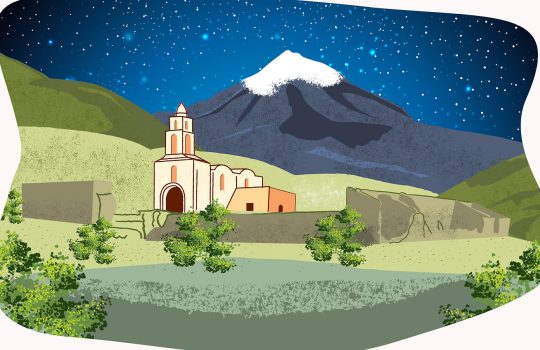Fermilab cosmologist Dan Hooper – TMO Background Mode interview
From The Mac Observer, Nov. 25, 2019: In this 30-minute podcast episode, Fermilab scientist Dan Hooper recounts how he caught the astrophysics bug as an undergraduate, landed a postdoc position at Oxford and was later hired at Fermilab. He chats about his interest in the interface between particle physics and cosmology, dark matter and what neutrinos can tell us about the early universe.



